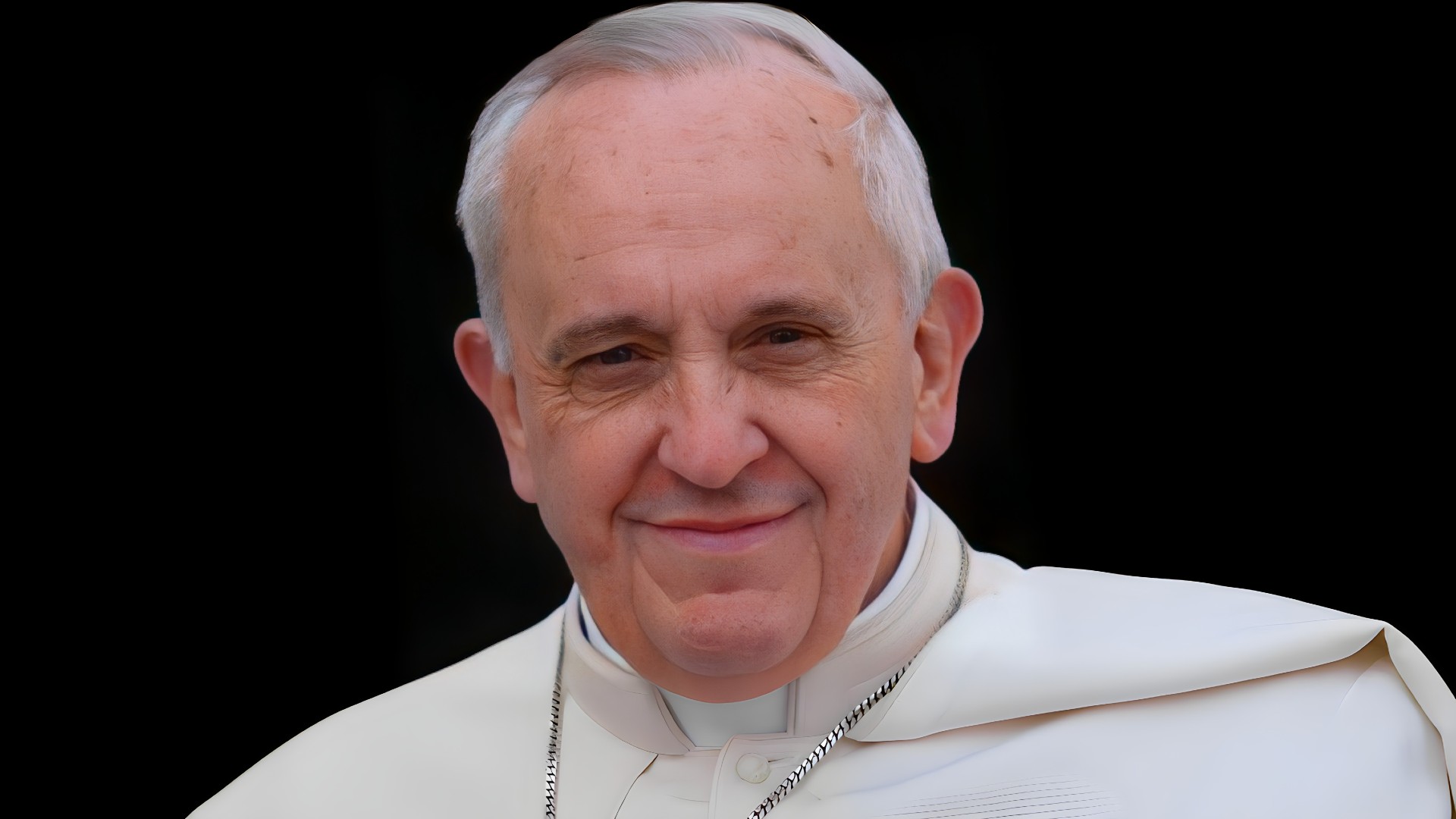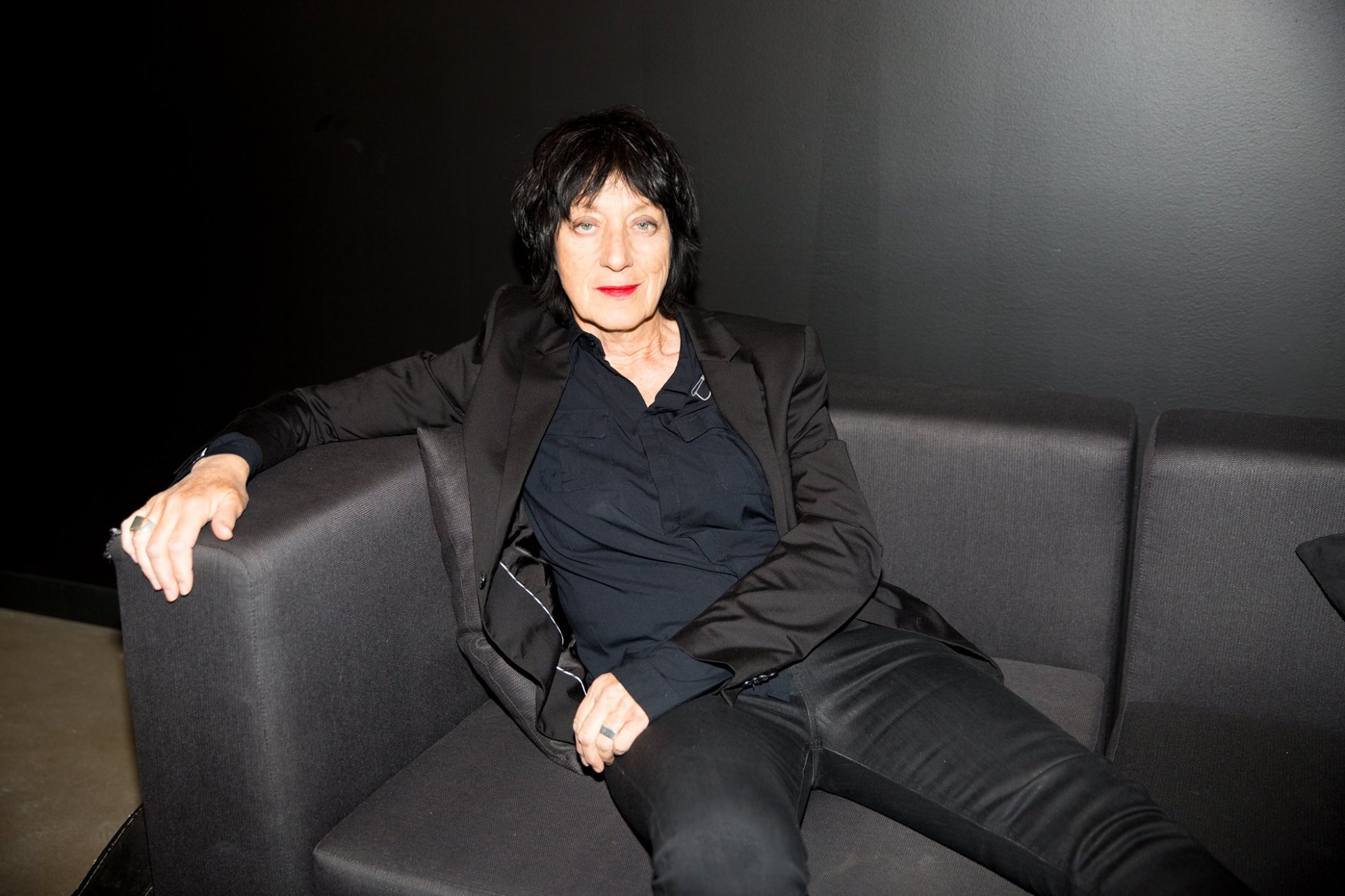The pontiff, a symbol of spiritual guidance and leadership, often evokes curiosity not just for his religious roles but also for the seeming contradiction between his vow of poverty and the opulence of the papal position. The real wealth of the pope, therefore, becomes a topic of intrigue and speculation. While the pope himself lives a life dedicated to service and humility, the Vatican's vast resources and financial influence paint a different picture. The task of uncovering the pope's net worth involves understanding the complexities of the Vatican's economy, its assets, and the role of the pope within this elaborate structure.
For centuries, the Catholic Church has amassed considerable wealth, from priceless art collections housed in the Vatican Museums to real estate holdings across the globe. This wealth is not personal to the pope but is managed by the Vatican to support its global mission. The Vatican's economy functions like a small country, with its own bank, the Institute for the Works of Religion (IOR), and investments in various sectors, including stocks and bonds. An analysis of the pope's net worth must consider these institutional assets while acknowledging the personal simplicity adhered to by the pontiff.
While the pope's personal finances are shrouded in mystery, the wealth associated with the papacy is both vast and complex. It includes not only tangible assets but also influence and soft power wielded by the Vatican in international affairs. Understanding the real wealth of the pope means delving into these multifaceted dimensions, from the Vatican's financial statements to the symbolic power of the papal office. As we uncover the net worth of the pope, it becomes clear that his true wealth may lie in the spiritual and moral authority he holds over millions of faithful worldwide.
Read also:Unveiling The Life And Success Of Dylan Kingwell A Rising Star In Hollywood
Table of Contents
- Biography of the Pope
- Vatican Economy and Assets
- The Pope's Personal Finances
- Art and Cultural Treasures
- Real Estate and Property Holdings
- Financial Institutions of the Vatican
- How Does the Vatican Generate Income?
- The Role of the Pope in Vatican Finances
- Charitable Works and Expenditures
- How Transparent Are Vatican Finances?
- Symbolic and Influence Wealth
- Comparisons with Other Religious Leaders
- What is the Pope Actually Worth?
- Impact of Vatican Wealth on Global Affairs
- Future Trends and Implications
- FAQs
- Conclusion
Biography of the Pope
The pope, as the leader of the worldwide Catholic Church, holds a position of immense spiritual and administrative responsibility. Born as Jorge Mario Bergoglio, Pope Francis became the 266th pope of the Roman Catholic Church in March 2013. His papacy is noted for its focus on humility, social justice, and outreach to marginalized communities.
Pope Francis was born on December 17, 1936, in Buenos Aires, Argentina. His early life was marked by a modest upbringing in a family of Italian immigrants. Before his religious calling, he worked as a chemical technician and a nightclub bouncer. He joined the Society of Jesus (Jesuits) in 1958, was ordained a priest in 1969, and became the Archbishop of Buenos Aires in 1998.
| Full Name | Jorge Mario Bergoglio |
|---|---|
| Date of Birth | December 17, 1936 |
| Place of Birth | Buenos Aires, Argentina |
| Papal Name | Pope Francis |
| Ordination | December 13, 1969 |
| Installed as Pope | March 13, 2013 |
Vatican Economy and Assets
The Vatican City, an independent city-state, operates with a unique economy characterized by its religious and cultural functions. As the headquarters of the Roman Catholic Church, it relies on various sources of income to support its activities and maintain its extensive assets.
The Vatican's economy is bolstered by a combination of donations, real estate investments, and revenue from its museums and cultural sites. It is home to some of the world's most famous artworks and religious relics, attracting millions of visitors each year. The Vatican Museums, for instance, house masterpieces by artists such as Michelangelo and Raphael, contributing significantly to the city's income.
The Pope's Personal Finances
Contrary to what some might expect, the pope's personal finances are remarkably modest. Adhering to a vow of poverty, the pope does not own personal wealth. Instead, his needs are met by the Vatican, which provides for his living arrangements and daily necessities.
The pope's role is not that of a traditional head of state with personal wealth; rather, he serves as a custodian of the Catholic Church's vast resources. His lifestyle reflects his commitment to simplicity and service, emphasizing spiritual leadership over material accumulation.
Read also:Movierulz Kannada A Deep Dive Into The World Of Kannada Cinema
Art and Cultural Treasures
The Vatican's art and cultural treasures are a testament to its historical and religious significance. These treasures, including the Sistine Chapel and St. Peter's Basilica, are not only valuable in monetary terms but also hold immense cultural and spiritual value.
The Vatican's art collection, one of the most extensive in the world, is carefully preserved and displayed in its museums. This collection attracts art enthusiasts and pilgrims alike, generating substantial revenue for the Vatican through ticket sales and merchandise.
Real Estate and Property Holdings
The Vatican owns a significant amount of real estate, both within Vatican City and around the world. These properties serve various purposes, from housing church officials to hosting diplomatic missions.
Real estate investments have traditionally been a stable source of income for the Vatican. Properties in prime locations, such as Rome and other major cities, are leased to generate revenue that supports the church's global mission.
Financial Institutions of the Vatican
The Vatican's financial institutions play a crucial role in managing its assets and investments. The most notable of these is the Institute for the Works of Religion (IOR), commonly known as the Vatican Bank.
The IOR is responsible for safeguarding the Vatican's financial resources and facilitating transactions for the church's charitable activities. It operates with a focus on ethical banking practices, aligning with the church's values and mission.
How Does the Vatican Generate Income?
The Vatican generates income through a diverse range of sources, ensuring its financial stability and ability to fund its global initiatives. These sources include:
- Donations from Catholics worldwide, often in the form of Peter's Pence
- Revenue from the Vatican Museums and cultural sites
- Rent and lease income from real estate holdings
- Investments in stocks, bonds, and other financial instruments
- Sale of religious artifacts and memorabilia
The Role of the Pope in Vatican Finances
While the pope is the spiritual leader of the Catholic Church, his role in Vatican finances is largely symbolic. The administration of the Vatican's financial affairs is entrusted to various departments and offices, such as the Secretariat for the Economy.
The pope provides guidance and oversight, ensuring that the church's financial practices align with its mission and values. His influence is reflected in decisions related to charitable giving, investments, and financial transparency.
Charitable Works and Expenditures
The Vatican is deeply committed to charitable works and humanitarian efforts worldwide. It allocates a significant portion of its resources to support initiatives that address poverty, education, healthcare, and disaster relief.
Through various organizations and partnerships, the Vatican extends its reach to communities in need, providing aid and support to those most vulnerable. These charitable endeavors reflect the church's mission to serve and uplift humanity.
How Transparent Are Vatican Finances?
Vatican finances have historically been perceived as opaque, leading to calls for greater transparency and accountability. In recent years, the Vatican has taken steps to improve its financial practices and enhance transparency.
Efforts to audit and reform the Vatican's financial institutions have been undertaken to ensure ethical management and align with international standards. These measures are designed to foster trust and confidence in the Vatican's financial stewardship.
Symbolic and Influence Wealth
Beyond material assets, the Vatican's wealth extends to its symbolic and influence wealth. As a global spiritual authority, the pope wields significant influence in international affairs and moral leadership.
This influence, often referred to as "soft power," enables the Vatican to advocate for peace, justice, and ethical governance on the world stage. The pope's moral authority is a powerful force in shaping global discourse and policy.
Comparisons with Other Religious Leaders
Comparing the wealth of the pope with other religious leaders offers insights into different models of leadership and resource management. While some religious figures accumulate personal wealth, the pope's role is distinct in its focus on collective assets and institutional resources.
Religious leaders across various faiths often manage significant resources, but the Catholic Church's global reach and historical legacy set it apart in terms of financial and cultural influence.
What is the Pope Actually Worth?
Determining the pope's actual net worth is complex, as it intertwines with the Vatican's wealth and resources. While the pope himself does not possess personal wealth, the assets and influence associated with the papal office are substantial.
The real wealth of the pope lies not in personal riches but in the spiritual and institutional power he holds. This power is reflected in the church's ability to mobilize resources for global impact and its enduring legacy as a moral and cultural leader.
Impact of Vatican Wealth on Global Affairs
The Vatican's wealth and influence have a profound impact on global affairs, shaping political, cultural, and social landscapes worldwide. Its financial resources enable the church to support diplomatic initiatives, humanitarian efforts, and cultural preservation.
The Vatican's voice in international forums and its ability to convene diverse stakeholders underscore its role as a key player in global diplomacy and peacebuilding efforts.
Future Trends and Implications
Looking ahead, the Vatican's financial strategies and global influence will continue to evolve in response to changing geopolitical, economic, and social dynamics. The church's commitment to transparency and ethical stewardship will be critical in navigating future challenges.
As the Catholic Church adapts to new realities, its financial and spiritual leadership will remain central to its mission of serving humanity and promoting the common good.
FAQs
1. Does the pope have personal wealth?
No, the pope does not have personal wealth. He lives a life of simplicity, with his needs provided for by the Vatican.
2. What are the main sources of Vatican income?
The Vatican's income comes from donations, real estate, investments, and revenue from its museums and cultural sites.
3. How does the Vatican manage its finances?
The Vatican manages its finances through institutions like the Institute for the Works of Religion, focusing on ethical practices.
4. What impact does the Vatican's wealth have on global affairs?
The Vatican's wealth supports diplomatic initiatives, humanitarian efforts, and cultural preservation, influencing global affairs.
5. How transparent are the Vatican's financial practices?
In recent years, the Vatican has worked to improve transparency and align with international financial standards.
6. What is the symbolic wealth of the pope?
The pope's symbolic wealth lies in his moral and spiritual authority, influencing global discourse and policy.
Conclusion
The real wealth of the pope, while not measured in personal riches, encompasses a vast spectrum of financial, cultural, and symbolic assets. The Vatican's resources, from its art collections and real estate to its financial institutions, support its global mission and influence. As the Catholic Church continues to navigate the complexities of the modern world, the pope's wealth is best understood as a reflection of his spiritual leadership and the enduring legacy of the papal office.

